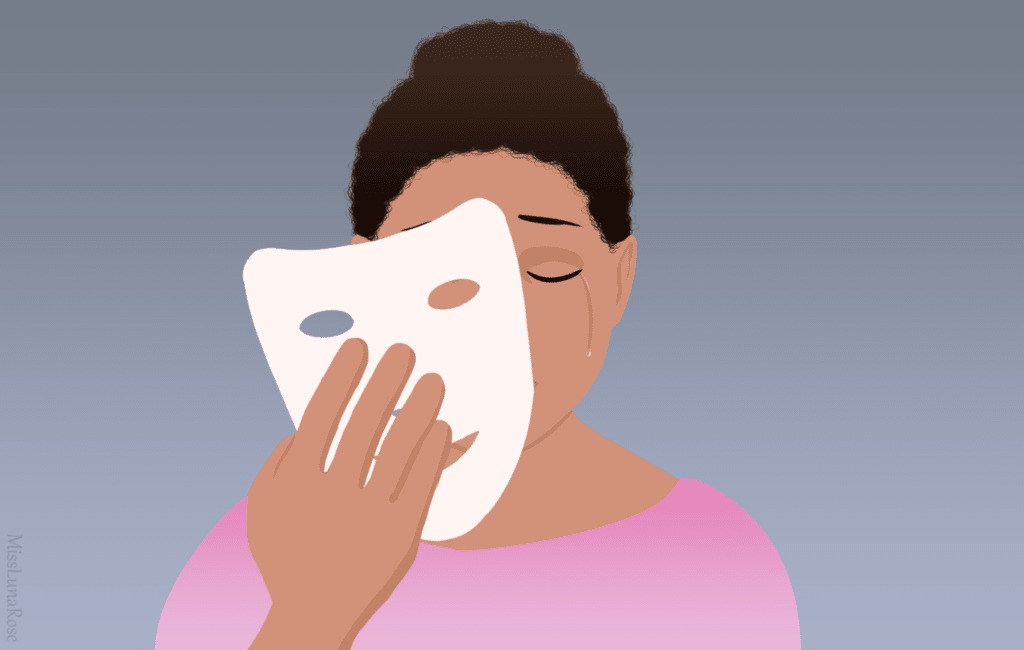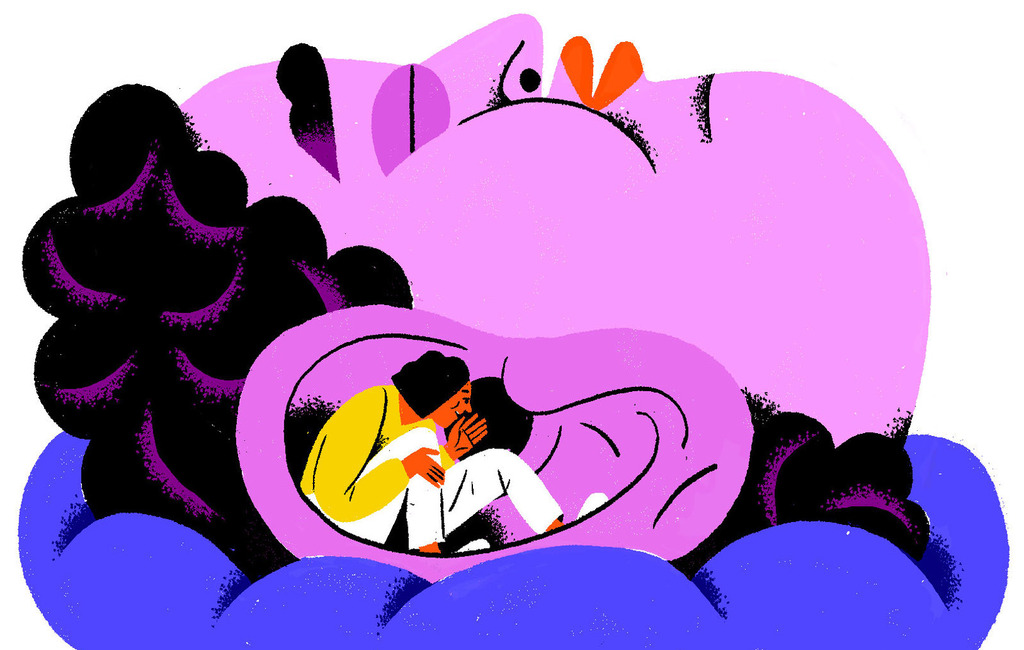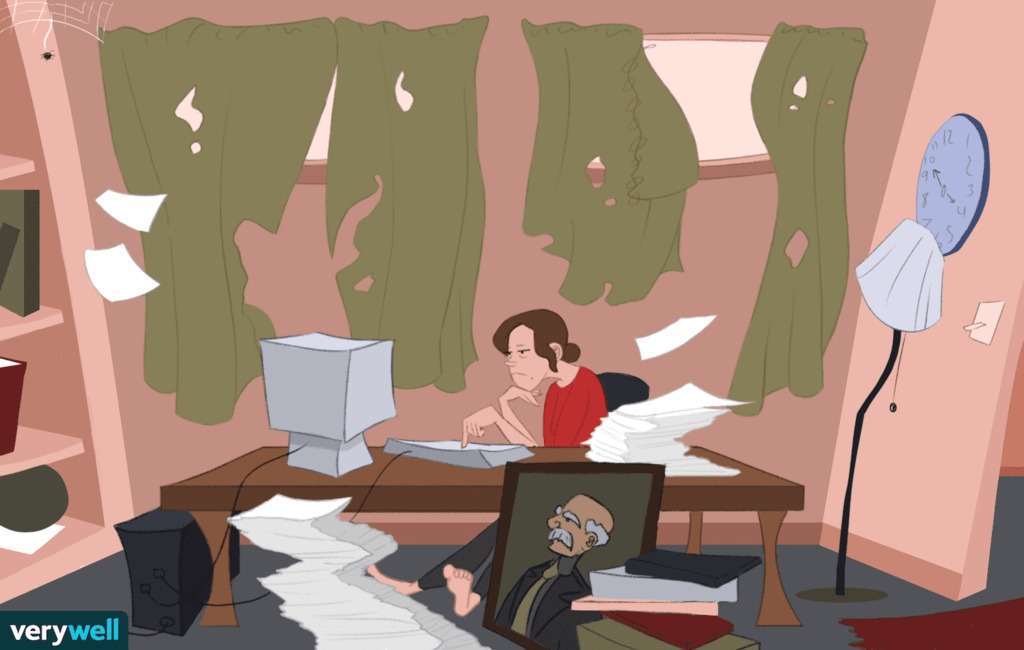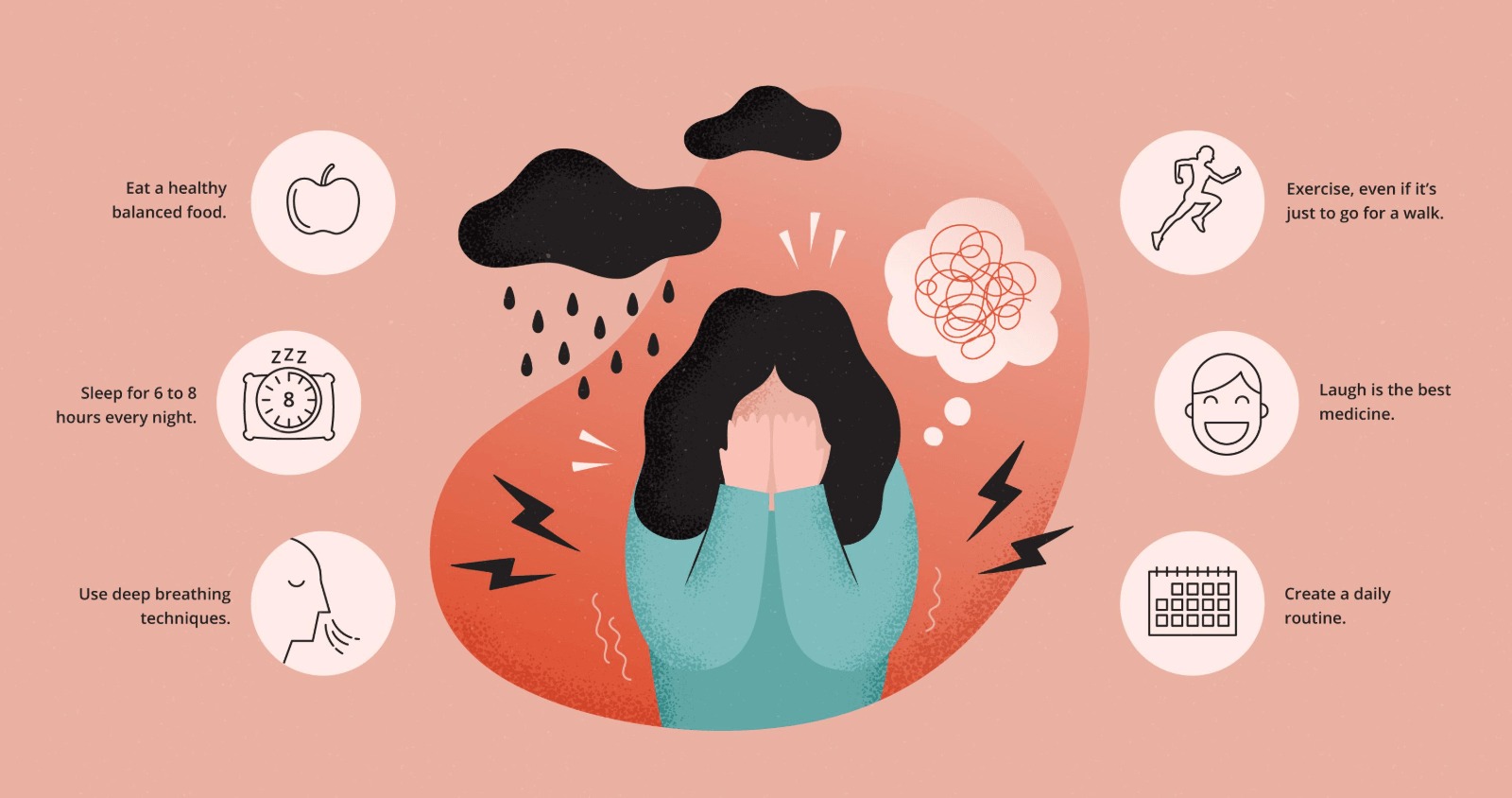Behind the Mask: Understanding Anxiety in the Modern World
By Ashmal Shah
20 July 2023
In our fast-paced and interconnected world, anxiety has become a prevalent and often misunderstood condition. As the demands of modern life continue to increase, individuals face a myriad of stressors that can lead to feelings of unease and worry. This article aims to shed light on the underlying causes of anxiety, its impact on individuals, and potential coping strategies. Let's delve deeper into this pressing issue and explore ways to unmask anxiety.

Understanding Anxiety: A Complex Web of Emotions

Anxiety is not a singular emotion but rather a complex web of feelings, thoughts, and physical responses. It encompasses worry, fear, apprehension, and nervousness, often arising from uncertain or threatening situations. In the modern world, individuals face various triggers, such as work-related stress, financial pressures, social media overload, and environmental concerns. As anxiety intertwines with different aspects of life, it can manifest in various forms, including generalized anxiety disorder, social anxiety disorder, panic disorder, and more.
The Impact on Mental and Physical Well-being

The ramifications of anxiety on mental and physical well-being can be far-reaching. Chronic anxiety can lead to sleep disturbances, poor concentration, irritability, and a decline in overall quality of life. Additionally, anxiety can take a toll on physical health, contributing to conditions like cardiovascular issues, gastrointestinal problems, and weakened immune systems. The significant impact on both mental and physical health underscores the urgency of addressing anxiety in the modern world.
Trending Factors Amplifying Anxiety
Several contemporary factors have amplified the prevalence of anxiety in society:
- Social Media Comparison: The rise of social media has brought a constant stream of comparison and perceived inadequacy, leading to anxiety and a fear of missing out (FOMO).
- Workplace Pressures: Modern work environments often demand constant availability, multitasking, and high productivity, contributing to increased stress and anxiety levels.
- Environmental Concerns: Growing concerns about climate change and environmental degradation can lead to eco-anxiety, where individuals fear for the future of the planet.
- Political Uncertainty: Turbulent political landscapes can fuel feelings of uncertainty and anxiety about the future.
- Breaking the Stigma: Encouraging Mental Health Dialogue
Addressing anxiety requires open and honest conversations about mental health. Breaking the stigma surrounding mental health issues allows individuals to seek help without fear of judgment. Promoting mental health awareness in schools, workplaces, and communities is crucial to fostering a supportive environment for those struggling with anxiety.
Coping Strategies for Modern Anxiety

While complete eradication of anxiety may not be feasible, various coping strategies can help individuals manage and alleviate its impact:
- Mindfulness and Meditation: Practicing mindfulness and meditation can reduce stress and improve emotional well-being, allowing individuals to become more aware of their thoughts and emotions.
- Physical Exercise: Engaging in regular physical activity releases endorphins, natural mood lifters that can reduce anxiety.
- Limiting Social Media: Setting boundaries on social media usage can prevent the negative effects of constant comparison and information overload.
- Seeking Professional Help: Talking to a mental health professional, such as a therapist or counsellor, can provide valuable tools for managing anxiety and understanding its root causes.
Conclusion
In the modern world, anxiety is a pervasive issue that affects millions of individuals. By understanding anxiety's intricate nature and acknowledging the impact of contemporary factors, we can begin to address this challenge effectively. Breaking the stigma surrounding mental health and implementing coping strategies can empower individuals to unmask anxiety, leading to improved mental and physical well-being. Let us strive for a more empathetic and supportive society, where individuals can face anxiety with resilience and hope for a brighter future.
You Might Also Want To Read This
Popular Posts







